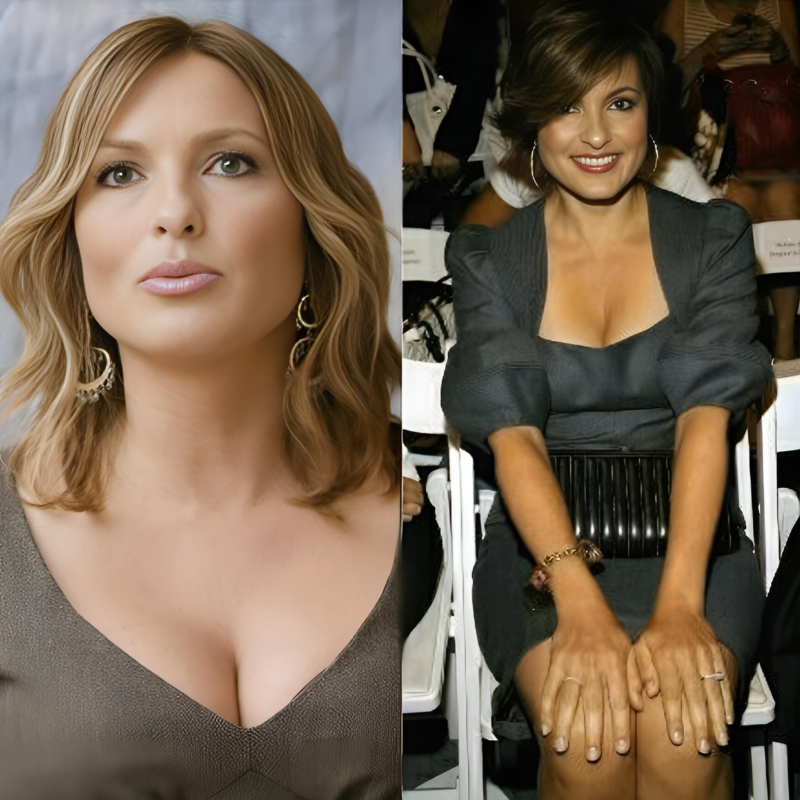
Mariska Hargitay graced the cover of Glamour magazine’s “Women of the Year” issue last month, a recognition that saw an outpouring of support from A-list celebrities. At the Women of the Year Awards on November 8, held at New York City’s prestigious Rainbow Room, Hargitay was celebrated by her “Law & Order: SVU” co-stars Christopher Meloni and Ice-T, actress Melissa McCarthy, and #MeToo co-founder Tarana Burke.
Yet, Hargitay’s accolade has stirred significant debate. Critics argue that “SVU,” the long-running scripted drama series that Hargitay has become synonymous with, perpetuates a misleading portrayal of the NYPD and its handling of sexual assault cases. The show, which has over 500 episodes, is accused of glamorizing the NYPD’s Special Victims Unit while masking its real-life deficiencies.
A Glamorized Fiction vs. Grim Reality
In reality, the NYPD’s Special Victims Division has faced persistent issues, including allegations of neglect, poor case management, and a high rate of unsolved rape cases. According to a 2020 survey, many survivors and anti-violence organizations criticize the unit for failing to effectively respond to and support victims. In 2020, the NYPD solved less than 30 percent of rape cases citywide, a figure that may be artificially inflated by a high number of cases labeled as “unfounded.”
Survivors like Gina Tron and Alison Turkos have shared harrowing experiences with the NYPD, contrasting starkly with the show’s depiction of compassionate and effective police work. Turkos, who is suing the NYPD and Lyft for mishandling her assault case, describes “SVU” as “copaganda” that does more harm than good. Racheal Stirling’s experience further underscores the discrepancy, as her case was mishandled despite having a confession from her attacker.
The Impact of ‘SVU’ on Public Perception
Critics argue that “SVU” fosters a false sense of security about how well the police handle sexual assault cases. The show’s portrayal of a dedicated and competent Special Victims Unit creates a public perception that is at odds with the real-life failures and shortcomings of the NYPD. This distorted view can hinder efforts to reform how police handle sexual violence cases.
Anny Crane, another survivor, reflected on her own disappointing experience with the NYPD, stating that the reality was far removed from the supportive portrayal seen on “SVU.” She described being mocked and left feeling isolated, a stark contrast to the empathetic support offered by Hargitay’s character, Olivia Benson.
The Joyful Heart Foundation and Its Criticisms
Hargitay’s advocacy work through her organization, the Joyful Heart Foundation, also faces scrutiny. The foundation’s mission to address the backlog of untested rape kits is criticized for oversimplifying the issue. Critics argue that the real problem is not a lack of funding but rather the failure of police departments to send kits for testing in the first place.
JL, a sexual assault survivor, points out that while Hargitay’s public image as an advocate is commendable, the reality behind the Joyful Heart Foundation reveals a troubling disconnect between Hollywood’s portrayal and the actual needs of sexual assault survivors.
A Call for Change
Hargitay’s emotional interview with Glamour, where she spoke about her commitment to helping people heal, contrasts sharply with the criticisms leveled at “SVU” and her advocacy work. Critics suggest that stepping away from “SVU” might be a more impactful way for Hargitay to serve survivors and address the systemic issues within the NYPD and beyond.
As the debate continues, the spotlight on Hargitay and “SVU” raises important questions about the role of media portrayals in shaping public perception and influencing real-world practices in dealing with sexual violence.
